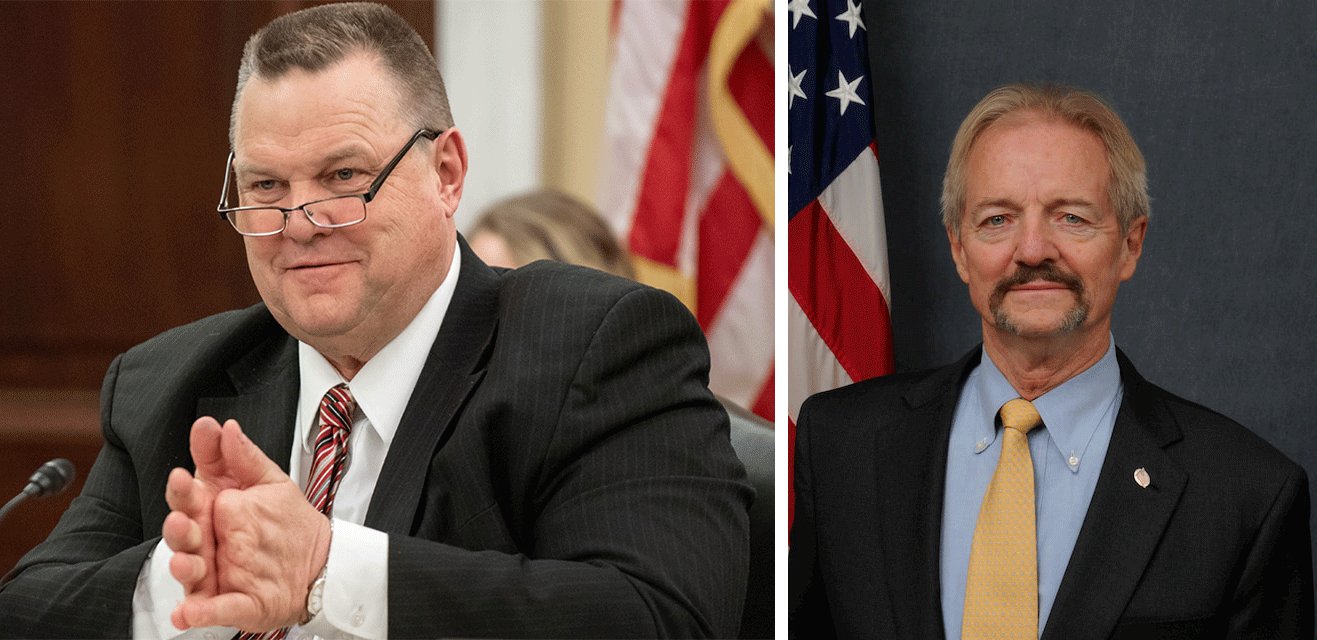

This story originally featured on Outdoor Life.
Montana US Senator Jon Tester introduced legislation this week that ratchets up the stakes against William Perry Pendley, the embattled defacto head of the federal agency that oversees management of more than 245 million acres of land, mainly in the West.
Tester’s bill, which is co-sponsored by five fellow Democrats, would prevent the US Department of Justice from appealing a federal district court ruling, handed down last month, that removed Pendley from his leadership role.
Pendley has been controversial since his appointment by Interior Secretary David Bernhardt to serve as deputy director of the Bureau of Land Management (BLM) in July 2019. Public land advocates at the time protested his record as a property-rights lawyer who has called for the dispersal of federal lands to the states and for his prior representation of energy companies that currently do business with the BLM. Bernhardt promoted Pendley to the role of acting BLM director in August 2019, but Pendley was never confirmed by the US Senate for that post.
The Interior Department has complained that the Senate has failed to invite Pendley to a confirmation hearing. However, many Western Democrats, led by Tester, have called for Pendley to appear at an expedited hearing.
The case escalated in September. US District Judge Brian Morris ruled last month, following a suit filed by Montana Gov. Steve Bullock, that Pendley had served unlawfully for 424 days, and concluded that any decisions that he had approved in his “illegitimate capacity” are also subject to appeal. In response, the Interior Department denounced Morris’s ruling, calling it an “erroneous” decision that “fundamentally misinterprets the law.”
In a statement, the Interior Department lawyers said Pendley had made no illegal decisions, since authority had been “delegated” to him. “The court directed the parties to identify which ‘acts of [William Perry] Pendley’ should be set aside under the Federal Vacancies Reform Act and the Administrative Procedure Act,” the Interior Department said in a statement. “From our [Oct. 5] brief to the court, the answer is simple: none.”
In comments reported by the Powell (Wyo.) Tribune earlier this month, Pendley said that he “has the support of the president. I have the support of the Secretary of the Interior and my job is to get out and get things done to accomplish what the president wants to do—which means increase recreational opportunities on federal land and to increase opportunities for jobs, so we can [economically] recover back to where we were pre-pandemic.”
He then noted that, “I’m still here, I’m still running the bureau,” though he stressed that he has never been the acting director. “I have always been from day one … deputy director of policy and programs.”
Indeed, Pendley’s official biography on the BLM’s website describes his role as the agency’s Deputy Director for Policy and Programs.
Tester’s “Public Lands Leadership Act” would bar the US Justice Department from appealing Judge Morris’s decision. Presumably, that action would also let stand Morris’s ruling that would vacate Pendley’s official acts in office.
“Montanans have known since day one that William Perry Pendley is nothing more than an unelected Washington bureaucrat who is willing to break the law to sell off our public lands,” said Tester. “Now he’s ignoring a court order and thumbing his nose at the Constitution, so I’m introducing legislation that will put an end to this executive overreach and make sure he can’t continue in his illegal role leading the BLM.”
Whether the Pendley incident will rise to the level of Constitutional crisis in the waning days of President Donald Trump’s first term is uncertain, but Tester’s legislation brings the force of the legislative branch into phase with the judicial branch to influence administrative actions of the executive branch. Equally uncertain is Pendley’s fate. Interior Secretary Bernhardt has repeatedly said that he stands by Pendley and thinks “he’s doing a great job.”
But the case has real-world impacts. Earlier this week, Morris issued a second ruling invalidating three BLM land-use plan revisions in Montana that were approved under Pendley’s “illegal tenure.”
